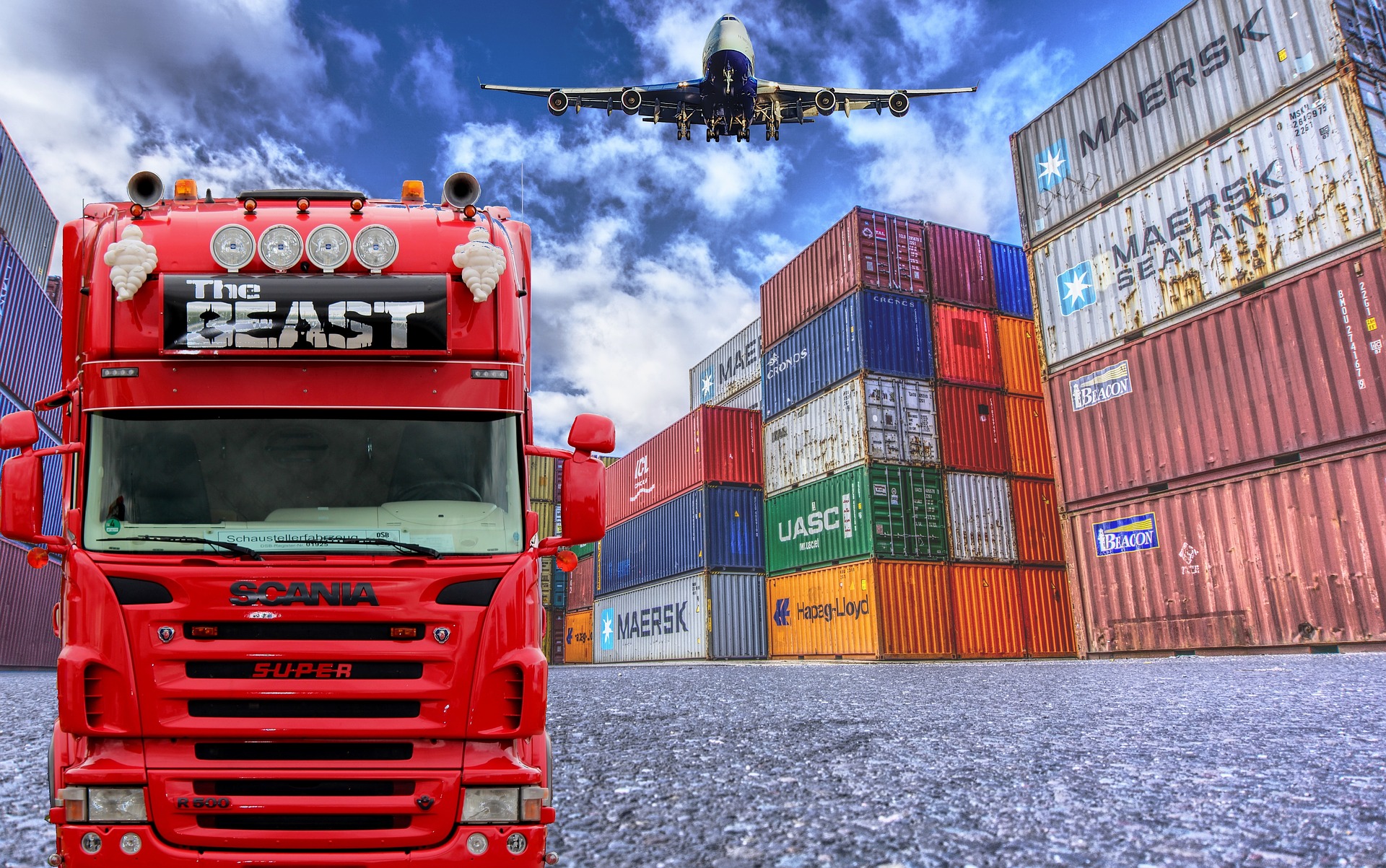Of all the difficulties that the coronavirus pandemic has imposed on U.S. organizations, replacing offshore suppliers and vendors that have temporarily or permanently closed their doors ranks high on the list.
Finding third parties that can meet quality, cost and delivery demands is challenging enough. But the failure to effectively vet the operations is becoming increasingly perilous amid the federal government’s expanding crackdown on doing business with regimes, companies or individuals that use slave labor or engage in other corrupt practices.
The government’s policy was on full display early this summer when officers with U.S. Customs and Border Protection (CBP) seized part of a 13-ton shipment of hair extensions, wigs and other products believed to be made with the human hair of Uyghurs held in forced labor camps in China.
Seizure of the goods, worth more than $800,000, followed President Trump’s signing of the Uyghur Human Rights Policy Act of 2020 on June 17. Among other measures, the new law authorizes the U.S. to sanction Chinese officials and organizations responsible for the detention and persecution of the Uyghur population, a long-oppressed Muslim ethnic group that largely resides in the Xinjiang region in western China.
That same day, CBP ordered all U.S. ports to detain imports of hair products imported by Chinese manufacturer Meixin Hair Product Co. Ltd. Even before the new law was signed, however, the U.S. had begun targeting goods coming from Xinjiang. In May, for example, CBP officials detained synthetic hair products exported by a different company in the region.
The seizures put U.S. organizations’ executive leadership, including Procurement and Risk, on notice that they face serious risks if they are careless or hasty with their third-party business arrangements. The punishment for companies of individuals that do business with entities under U.S sanction, for example, includes jail time and civil and criminal fines that could exceed $10 million. Apart from the legal actions, violators could suffer financially from the forfeiture of imported goods and as a result of brand and reputational damage.
To avoid these dire consequences, organizations must have a formidable third-party risk management methodology in place to prevent forming business relationships with sanctioned entities. The solution should guide companies through a strategic supplier selection process underpinned by a thorough examination of potential vendors and suppliers to uncover threats or practices that could run afoul of U.S. rules and regulations. Fundamental questions to take into consideration include:
- Where exactly are the vendors located?
- Are we at risk of violating a law?
- What level of due diligence have we performed?
- Are we scoring the risk of each vendor appropriately?
The methodology should emphasize the need for an organization’s procurement function to remain up to date and familiar with all U.S. laws, sanction and other regulations relevant to their business. Indeed, pleading ignorance when caught breaking U.S. trade rules, whether intentional or not, will gain no favor from the federal government. Periodic reviews of existing third-party relationships to assess compliance with new laws or sanctions should be part of an organization’s risk management solution, as well.
In situations where a company’s first-tier vendor relies on one or more additional subcontractors to make and deliver a product, organizations need to ensure that those first-tier vendors are not only performing due diligence on the second-tier subcontractor, but also that the second-tier vendor is doing its due diligence on the third-tier subcontractor, if applicable, and so on down the entire chain of suppliers. Contracts should spell out this waterfall of responsibility for vendors and should provide U.S. companies with the right to audit the third parties.
For many U.S. companies, the coronavirus pandemic and business shutdowns have set off a scramble for new overseas vendors and suppliers. But more than simply finding a suitable third party that can keep business moving forward, organizations must take into account whether the vendor’s location and/or principals may violate U.S. trade rules and regulations. Staying abreast of fast evolving trade rules and having the right methodology to capture and address third-party risks will prevent costly and damaging mistakes.






